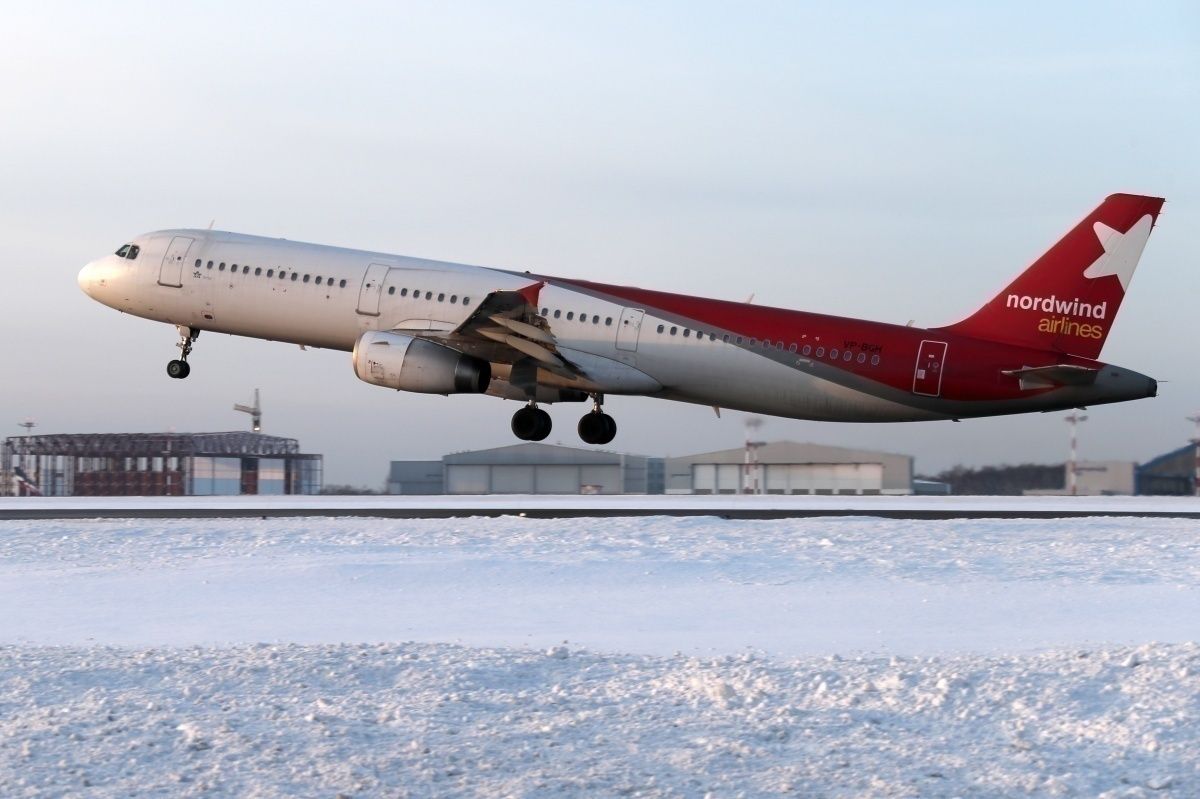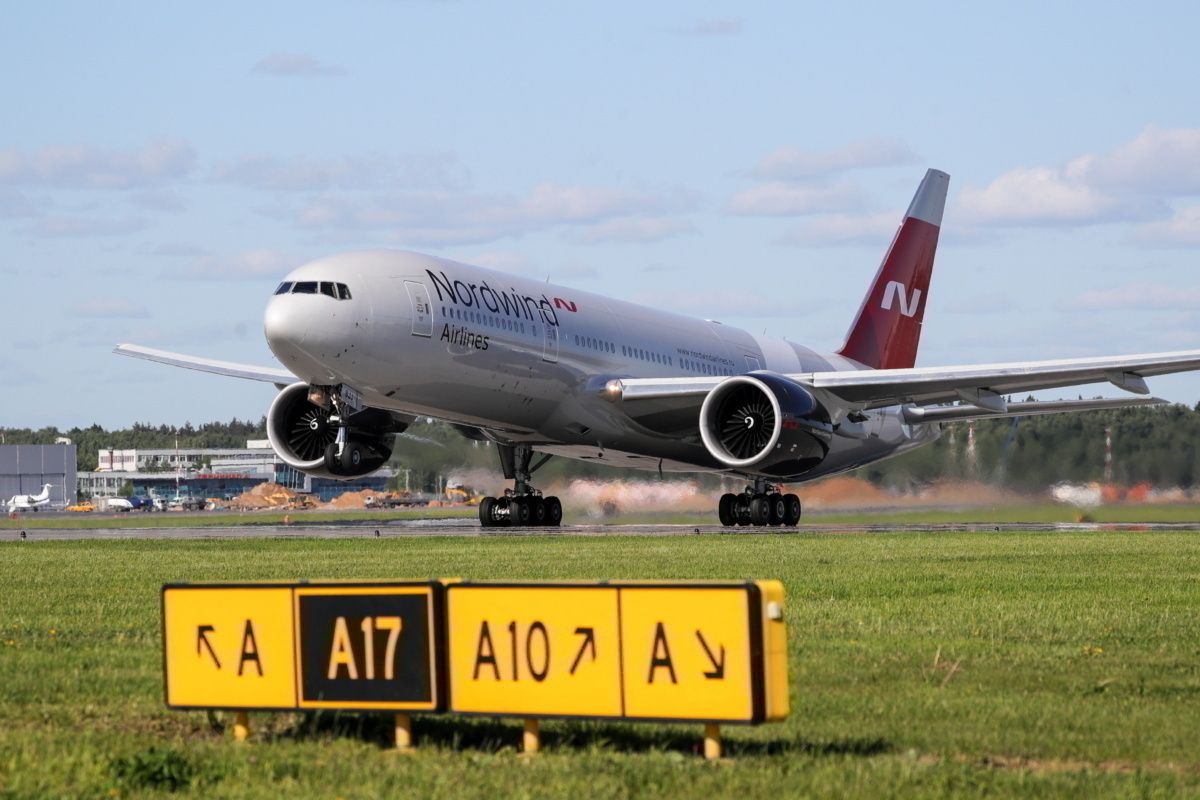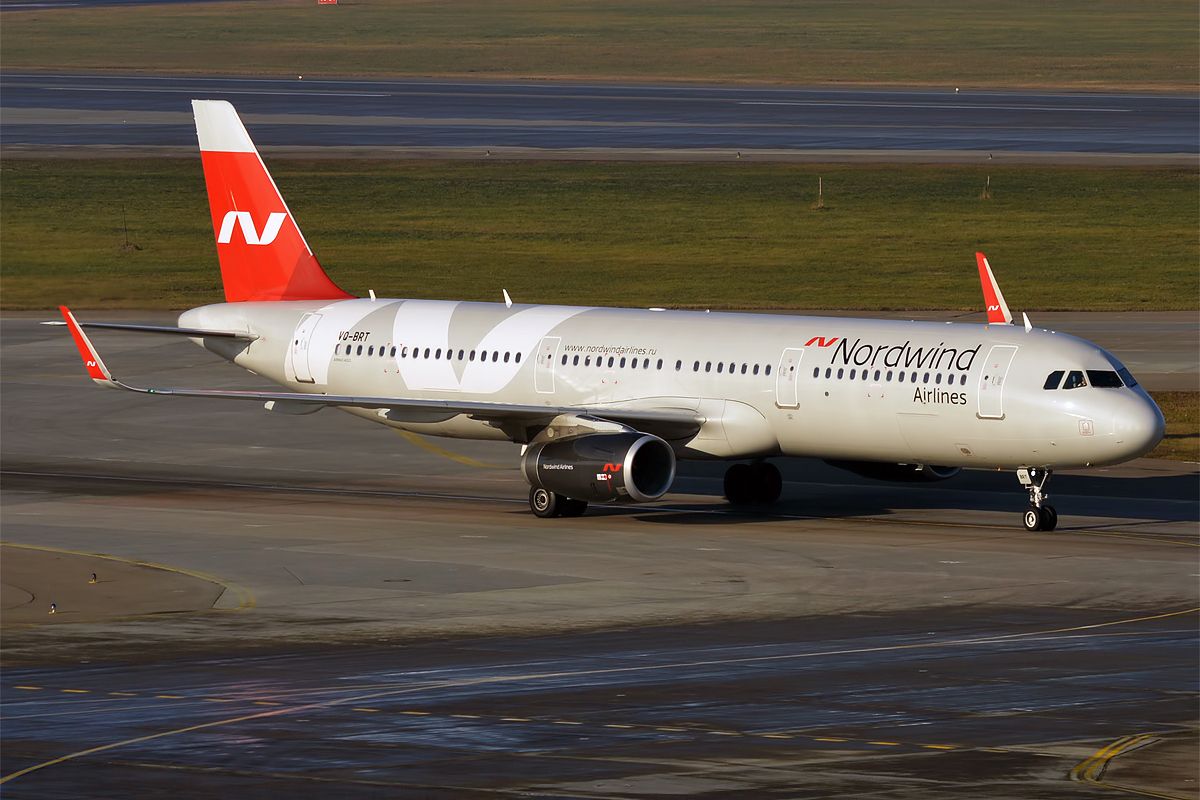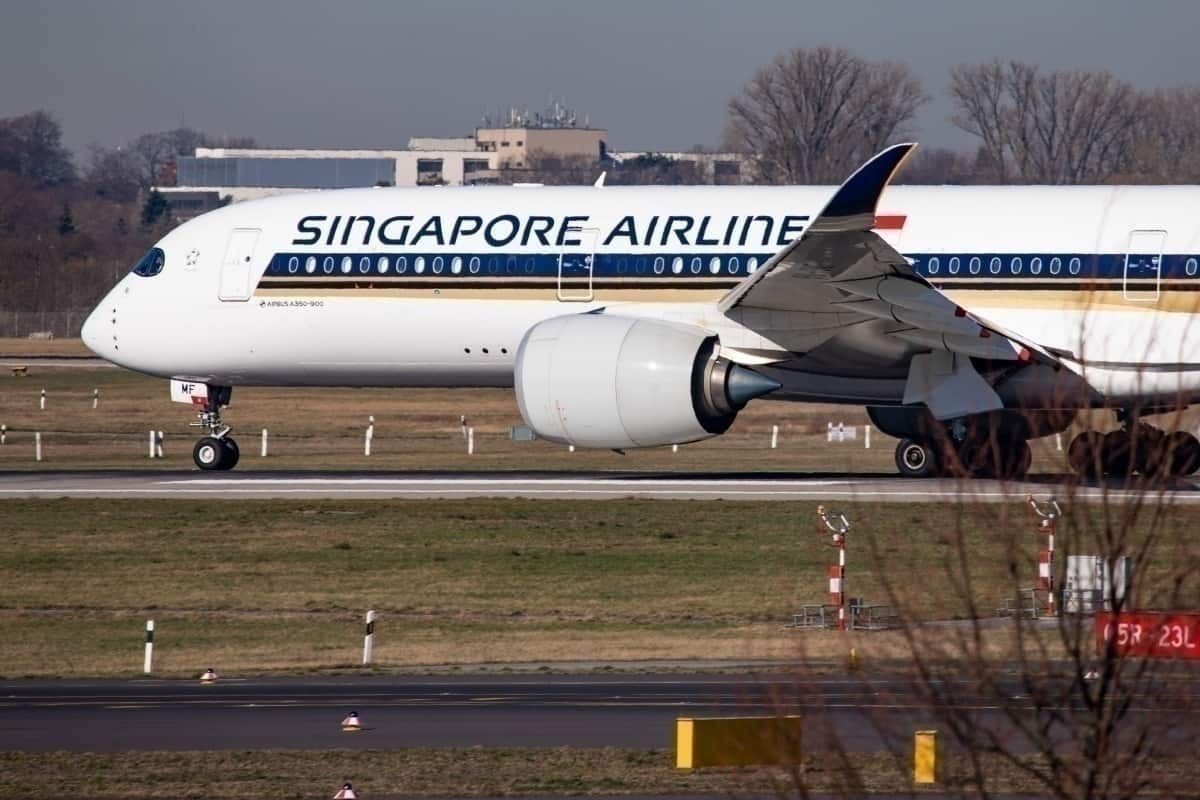Russian investigators are accusing a Nordwind flight that took place in January of having its cockpit voice recorder tampered with. The Airbus A321 departed from Moscow’s Sheremetyevo airport and experienced a hard landing in Antalya, Turkey, on January 10th. As a result, the aircraft suffered severe damage. According to FlightGlobal, investigators state the voice recorder was allegedly erased and placed in another plane, but then lodged back in the VQ-BRS aircraft before the inquiry was commissioned.
According to FlightGlobal, investigators state the voice recorder was allegedly erased and placed in another plane, but then lodged back in the VQ-BRS aircraft before the inquiry was commissioned.
What went down?
Suspicions initially arose after initial investigations retrieved 2h and 4min of recording overall, but “there was no record of the incident on January 10thâ€, as reported in FlightGlobal.
The Interstate Aviation Committee’s investigations found only a few seconds of information relating to the incident.
The situation became even more dubious after they obtained recordings from a flight the following day, on January 11th. Additionally, records from January 13th hinted at the foul play involved. Discussions among maintenance personnel surrounded “pushing the cockpit voice recorder ‘erase’ button.â€
Eventually, the committee concluded that a maintenance facility in Antalya, RMS Technic, placed both cockpit voice and flight recorders in another A321 aircraft. After that, the plane flew back to Russia, and NW Technic removed the recorders once more.
The investigators claimed that the recorders, stashed in hand luggage on an Aeroflot plane, landed back in Antalya. RMS Technic proceeded to refit the recorders into the damaged aircraft. Thus, investigators believe Nordwind Airlines, along with RMS Technic and NW Technic, are complicit in the incident.
Simple Flying has reached out to Nordwind Airlines for comment but did not hear back before publication.
Flight N4 1801 in January
Simple Flying had also previously reported on the incident earlier this year. Nordwind Airlines is a Russian leisure airline mainly operating out of Moscow’s Sheremetyevo Airport.
Carrying seven crew members on board, flight N41801 from Moscow flew to Antalya on January 10th. The nose-gear plunged its way into the cabin floor and the fuselage of the VQ-BRS aircraft. Fortunately, there was no injury to any individuals on board.
FlightGlobal reported recent findings yesterday after there was an analysis of the accident. The autopilot and auto-thrust “were disengaged during the base leg, and the aircraft was flown manually during the final approach.â€
The nose-gear hit Antalya’s runway 36C with a 2.64g impact and recoiled after the pilot pushed the sidestick forward suddenly. This resulted “in a sudden, sharp reduction in pitch at a rate of 9°/s.â€
Things went awry soon after, and several systems onboard began failing. The crew also claimed that the landing-gear lever jammed.
Hard landing incidentsÂ
Hard landings are no stranger in the aviation industry as they arise from multiple factors—for instance, technical malfunctions, inexperienced pilots, heavy aircraft, and weather conditions. A bounced landing, on the other hand, can occur if the airspeed is too high and the plane lands before its ready.
Last May, Singapore Airlines experienced a hard landing upon arriving in Delhi due to a nose wheel glitch. Similarly, Delta Air Lines suffered a rough touchdown in Portugal, after the nose gear landed too hard on the runway.
The bright side is that when it comes to hard landings, damage usually only affects the aircraft and passengers remain safe, albeit a little frazzled.
Did you hear about the Nordwind Airlines incident? Do you think there was meddling involved with the voice recorders? Let us know in the comments.




